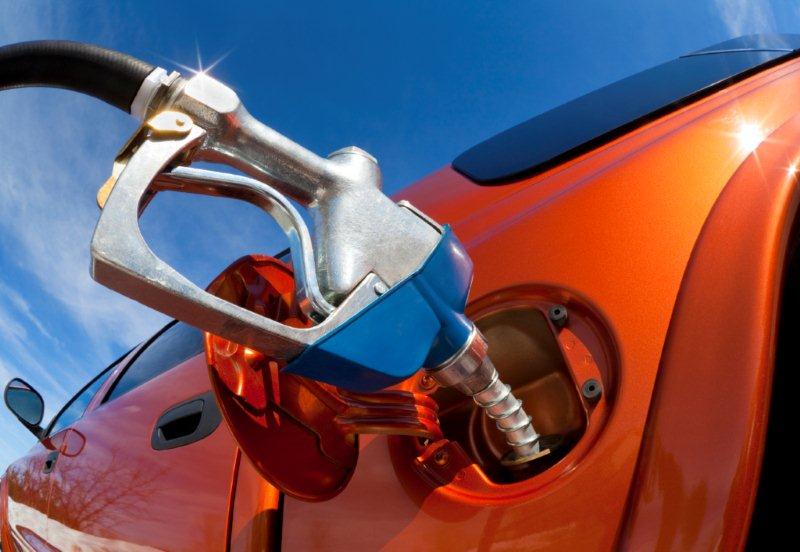Australia is in deflation for the first time seven years, but the head of the Australasian Association of Convenience Stores (AACS) says this is not bad news for the convenience industry.
The latest Australian Consumer Price Index (CPI) figures released by the Australian Bureau of Statistics (ABS) this week show the CPI fell 0.2 per cent in the March quarter 2016, following a rise of 0.4 per cent in the December quarter 2015.
The fall in the CPI this quarter was broad based, with six out of the 11 CPI groups recording a fall for the quarter.
The most significant fall occurred in transport (–2.5 per cent), due to automotive fuel (–10.0 per cent) falling for the third consecutive quarter.
Automotive fuel fell in January by 5.5 per cent and February by 5.4 per cent, by rose in March by 1.8 per cent. Falls in world oil prices continue to influence domestic fuel prices. All fuel types, excluding LPG, recorded decreases.
Other significant contributors included recreation and culture (–1.0 per cent) international holiday travel and accommodation (–2.0 per cent) and domestic holiday travel and accommodation (–1.9 per cent). Food and non–alcoholic beverages (–0.2 per cent) also fell this quarter, with fruit (–11.1 per cent) providing the most significant contribution.
The following graph provided by the ABS shows the pattern of the average daily prices for unleaded petrol for the eight capital cities over the last fifteen months.
Outlook for P&C in a deflationary economic environment
Jeff Rogut, AACS CEO, told C&I that, at this time it is predicted the price of oil will probably remain low barring unforseen factors such as any particular shocks or global disasters and that this is actually beneficial for convenience stores in general.
Providing a sneak preview of data contained in the AACS State of the Industry report for 2015, which will be released next week, Mr Rogut said lower fuel prices have resulted in consumers filling up slightly more than they were previously.
“We are also seeing a slight increase in store sales as well, as people have more disposable income, they are tending to spend more on impulse items, such as a drink or an ice cream, typical lose change items. There has been a slight improvement in store sales coupled with the reduction in the price of petrol”.
Mr Rogut expects the CPI results to have little impact on the convenience channel generally.
“If you look at convenience store generally, 37 per cent of our sales are tobacco, and we don’t see any reductions from government in terms of tobacco excise, so that has an impact on the overall store sales and profitability mix. The other products are reasonably stable at the moment. We are not seeing any major price rises come through, so I expect it will remain stable from a convenience point of view.
“Convenience stores have a narrow range, and they are not impacted to the same degree as some of the supermarkets are, for example with fresh fruit and vegetables sales.
“I think it’s pretty much status quo for us. The big watch points for convenience are issues like tobacco excise and the mooted sugar tax, which we don’t support at all.”

